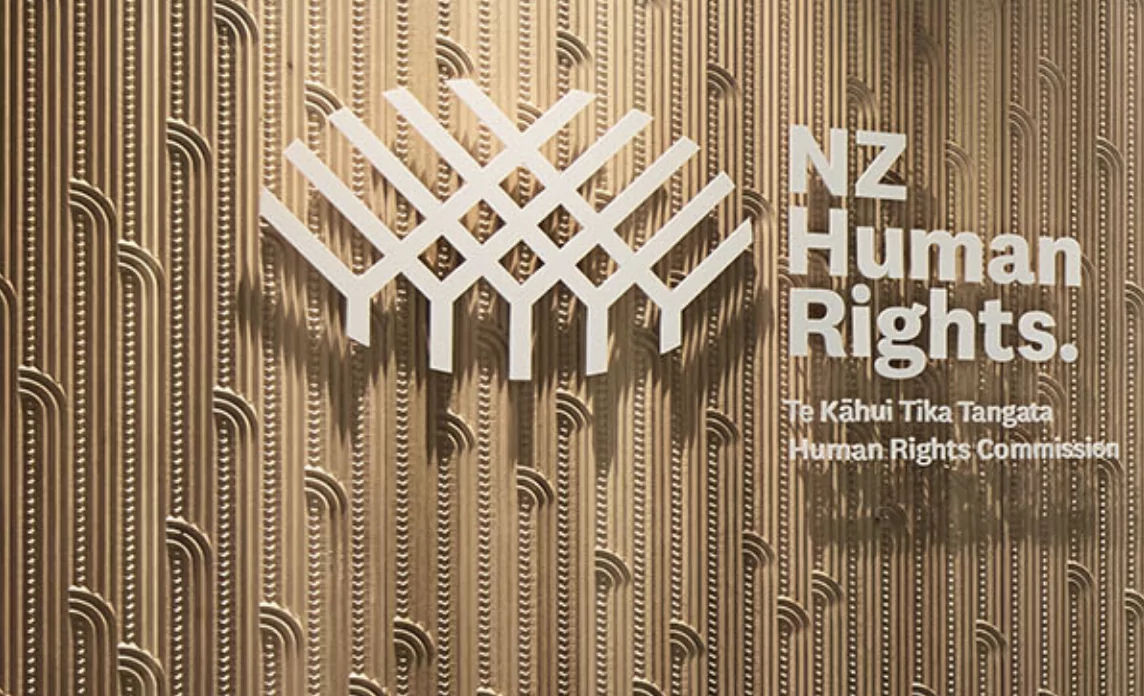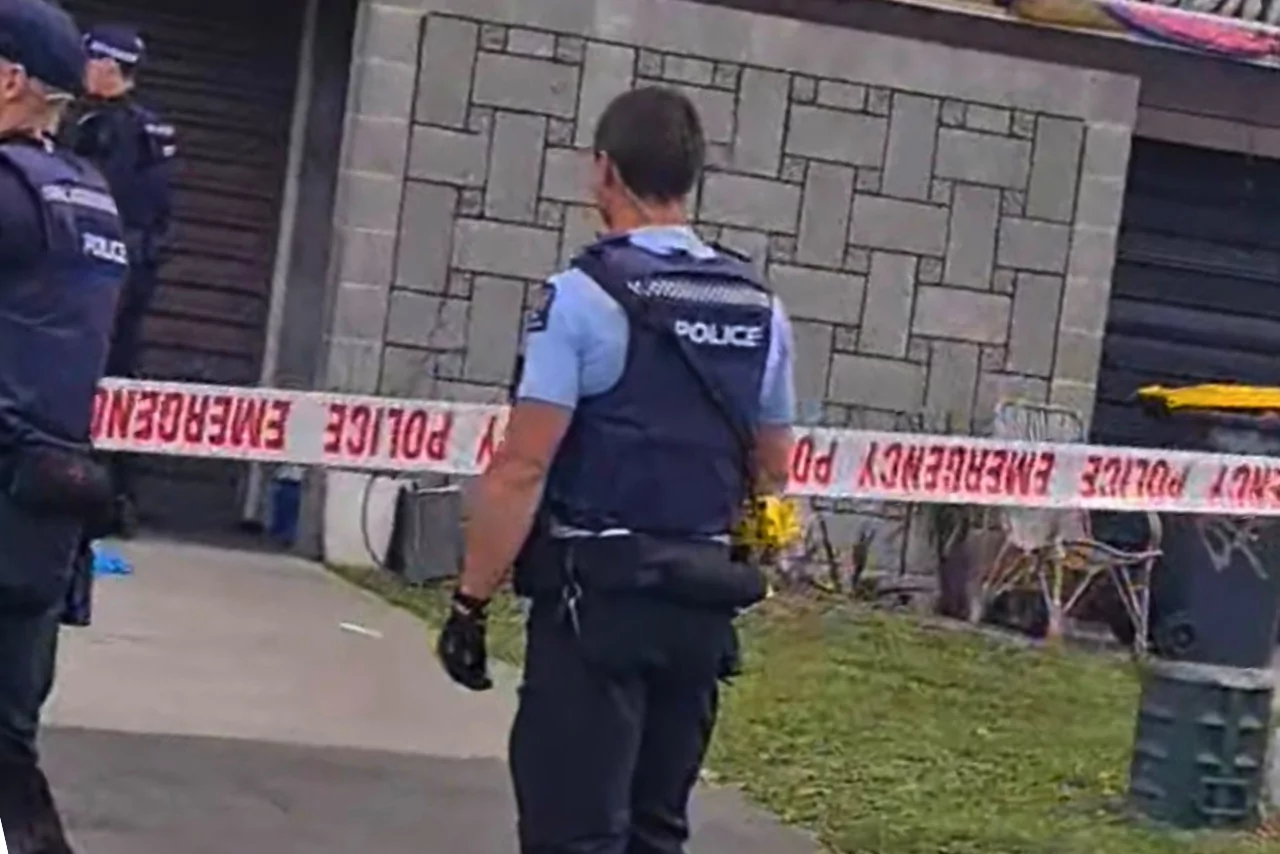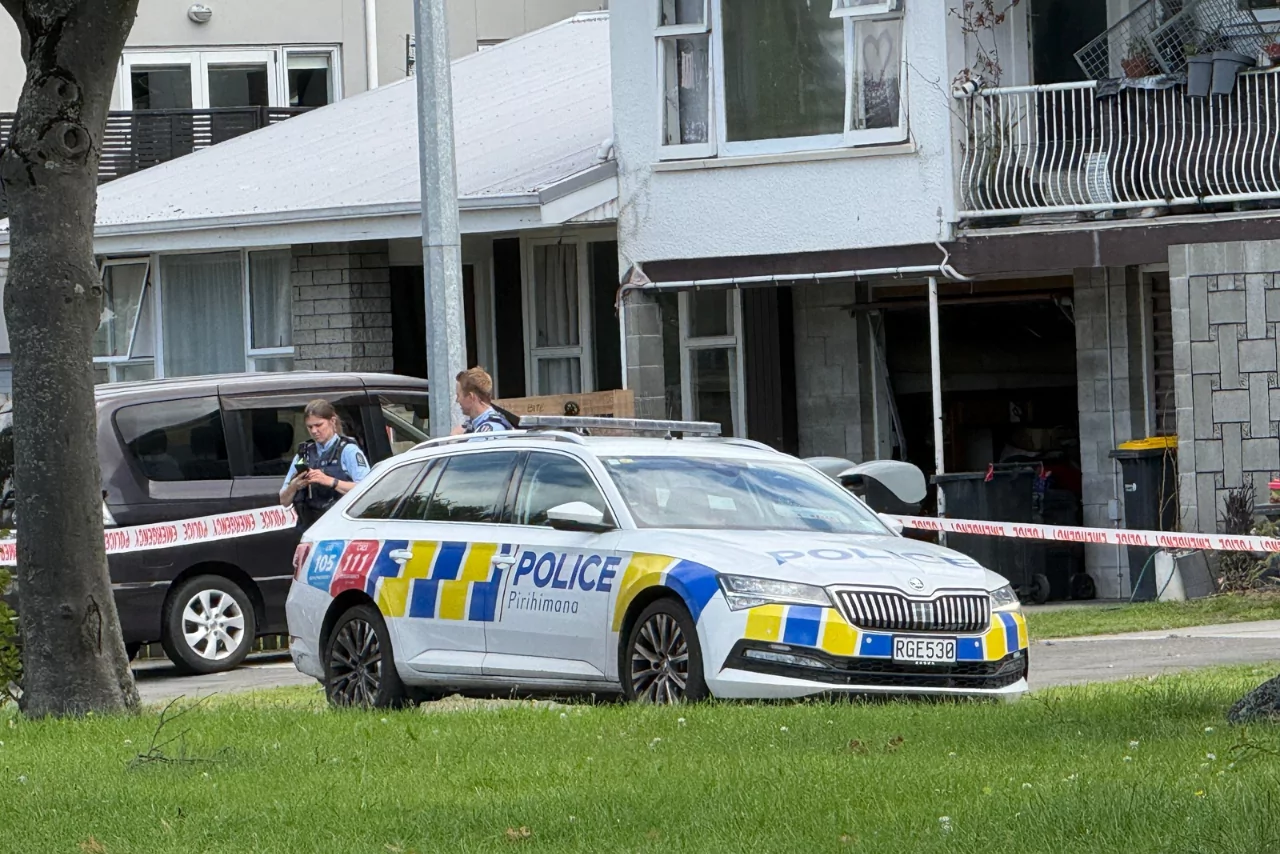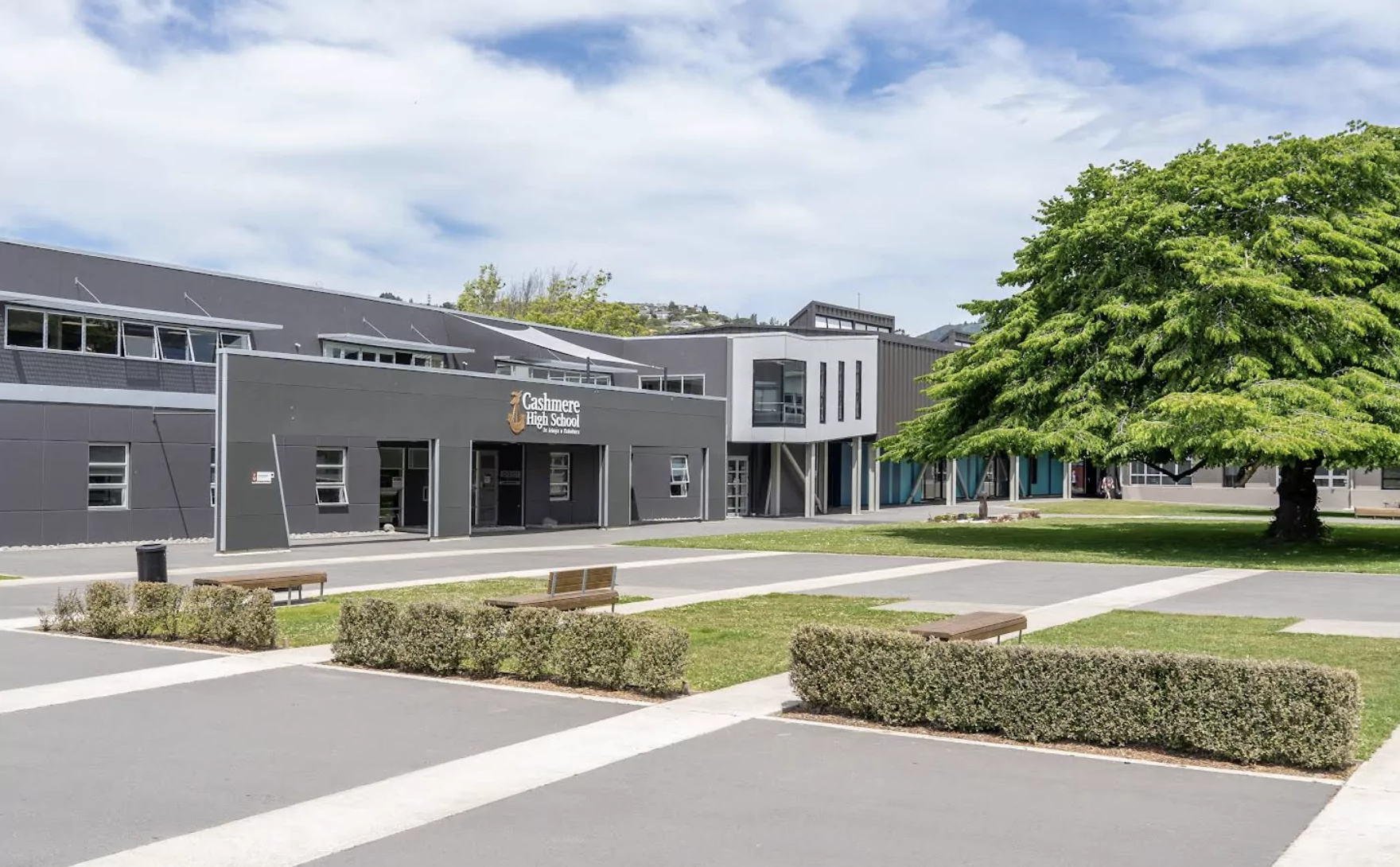Escaped youth tracked by Eagle helicopter, found hiding in New Brighton
The young person who escaped from a youth justice facility in Rolleston has been located...

The Human Rights Commission was forced into damage control after Christchurch event organisers Brown Town falsely claimed the Commission had cleared their racially-tiered ticket pricing structure of any legal breaches, a statement the Commission later privately admitted was untrue.
The controversy began in January when Brown Town promoted an event called “Waves: Sunday Session” with tickets advertised at three different price points based on race. The pricing sparked public outrage, including from Christchurch’s Samoan community, who first raised the concerns.
Brown Town later claimed on social media that the Human Rights Commission had confirmed “no breach had been made.”
But internal Commission emails, heavily redacted, and obtained by chrislynchmedia.com show that was completely false.
“We can’t and didn’t say that,” one internal message read. Staff flagged the organiser’s public statement as misleading and damaging.
In response, the Commission messaged Brown Town via Instagram to clarify that it had no power to decide whether the law was broken.
Despite this, no public correction was issued.
“The Human Rights Commission doesn’t have the power to make findings or decide if the law has been breached,” the Commission wrote in a private message to the organisers. “That’s the role of the Human Rights Review Tribunal.”
Staff confirmed this same message was sent to both Brown Town and Lynch.
The Commission’s internal communications show increasing frustration about the situation.
One staff member admitted the group’s claim “unfortunately also includes an inaccuracy about us,” while others discussed the need to “correct the record” but stopped short of any formal public statement.
Meanwhile, Race Relations Commissioner Melissa Derby released a carefully worded comment that did not address the group’s false claims but instead offered general guidance:
“While recognising the event organisers were well intentioned in aiming to increase accessibility for their communities, there are alternative, non-discriminatory avenues which could also achieve the same outcome without the risk of perpetuating negative stereotypes.”
Behind closed doors, Commission staff debated whether the event’s rebranded ticket labels, which changed from race-based terms to vague categories like “alofa” (love) and “ally” actually fixed anything. One staff member wrote: “There is no substantive change to the ticketing, just a game of semantics.”
By late January, internal emails confirmed the Commission had received at least 20 complaints about the event. Staff classified the issue as a “mega matter,” triggering further internal scrutiny.
Despite the volume of complaints and legal questions raised, the Commission maintained it could not investigate. Brown Town never corrected its public misrepresentation of the Commission’s stance.


